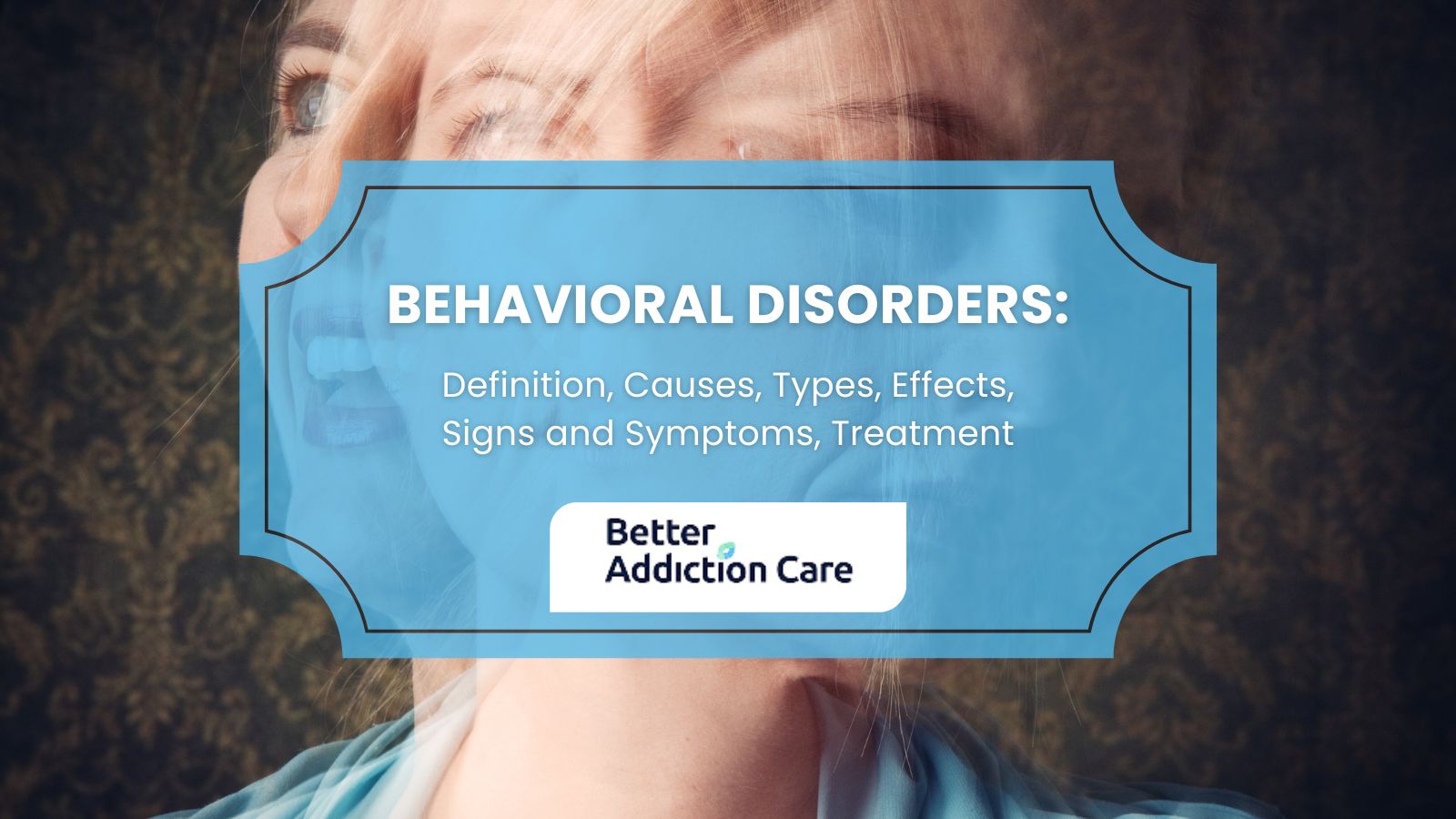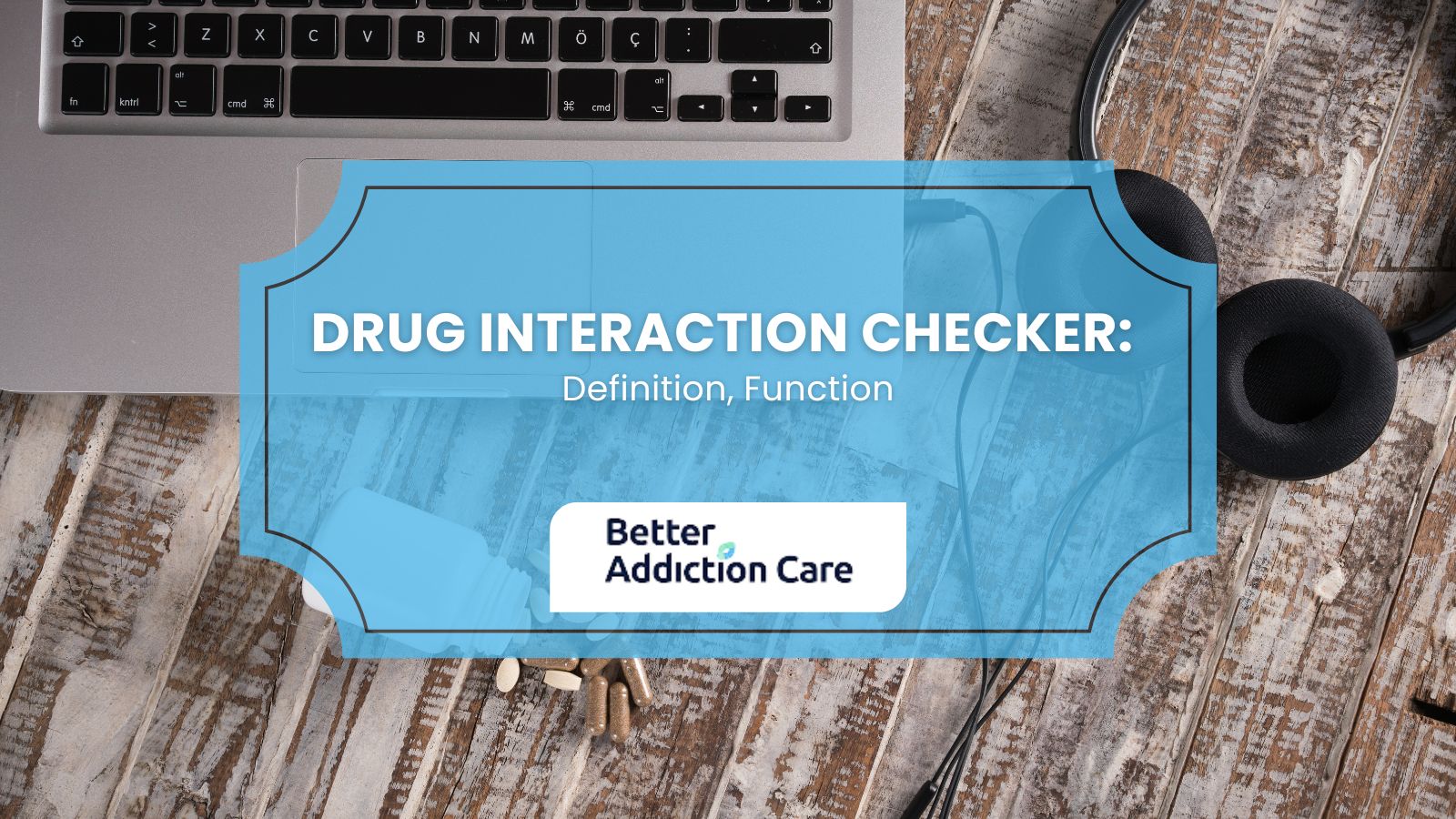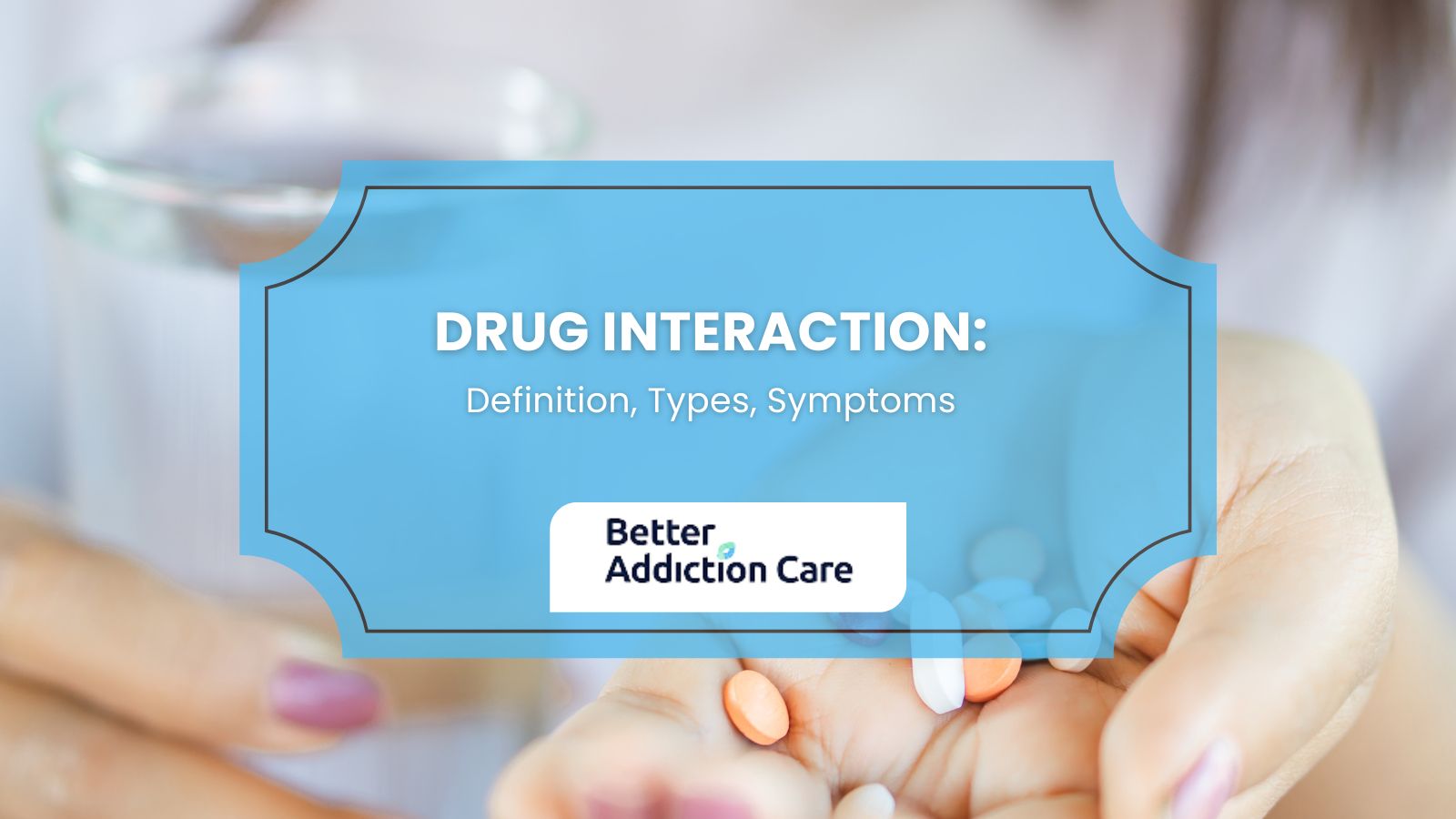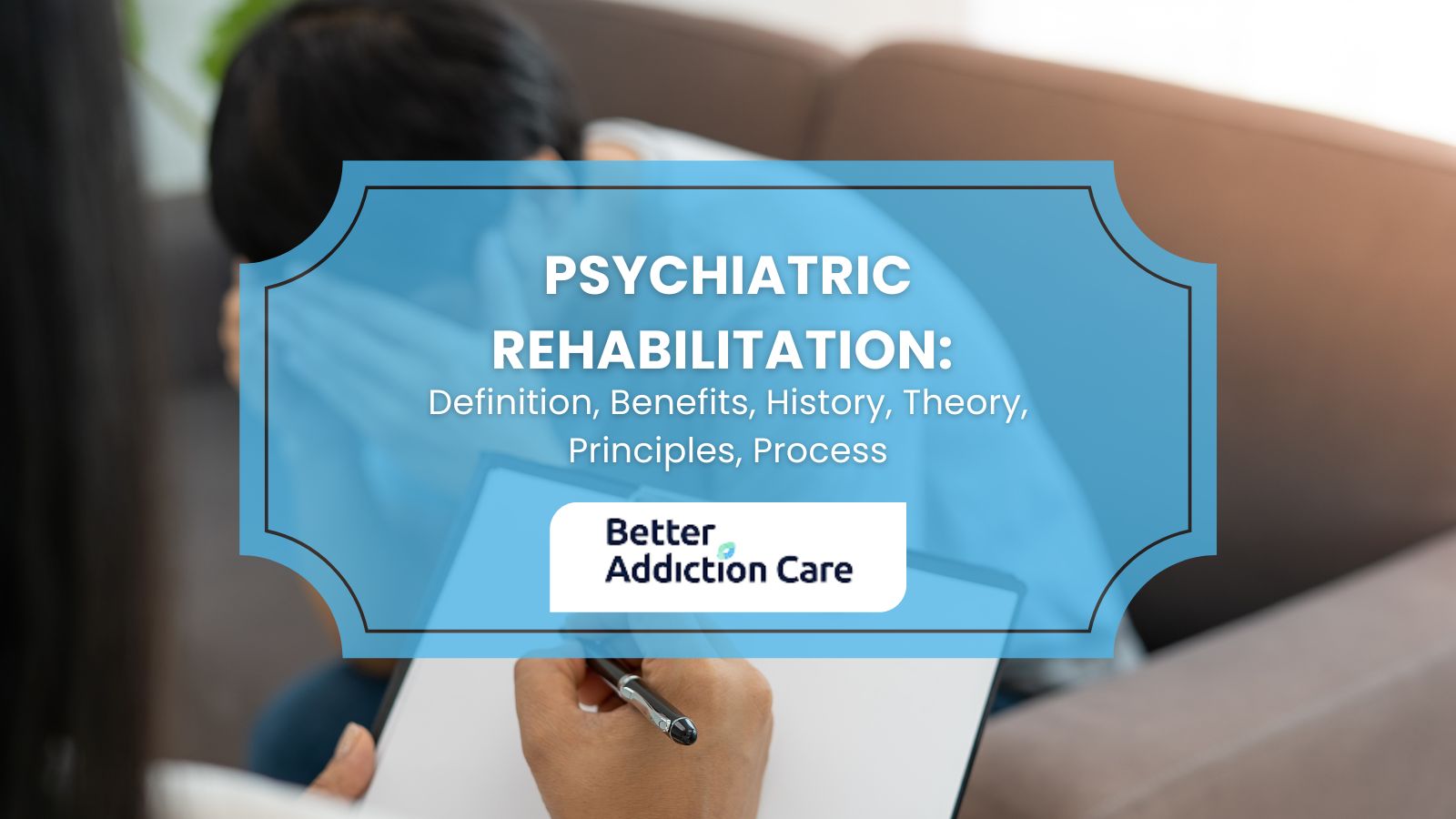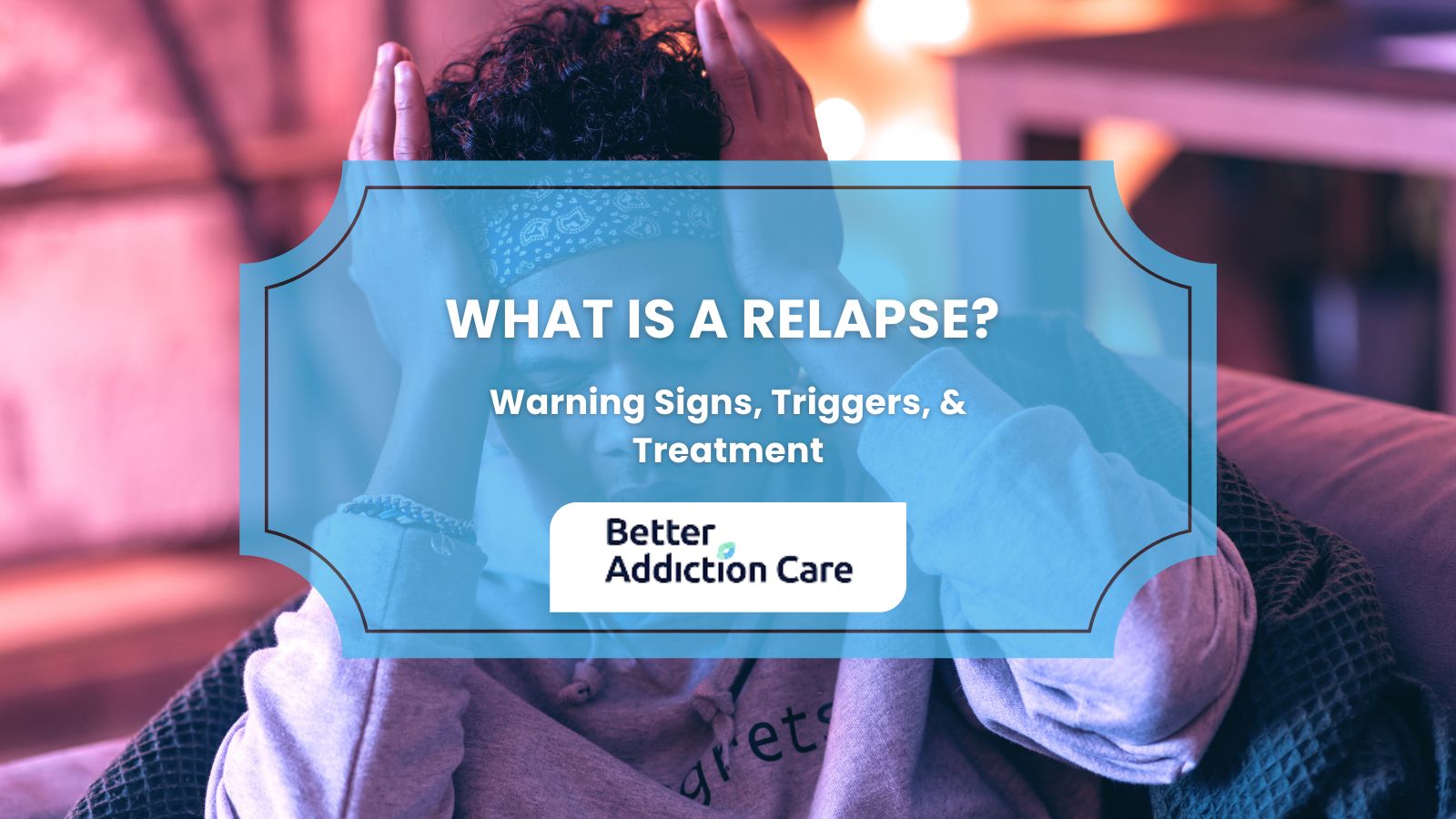
Overview
Lurie Children's Hospital - Substance Use and Prevention Program is a substance abuse treatment center for people seeking treatment near Cook County. As part of their treatment modalities for recovery, Lurie Children's Hospital - Substance Use and Prevention Program provides cognitive behavioral therapy, telemedicine/telehealth therapy, and substance use disorder counseling during treatment. Lurie Children's Hospital - Substance Use and Prevention Program is located in Chicago, Illinois, accepting cash or self-payment for treatment.
Lurie Children's Hospital - Substance Use and Prevention Program at a Glance
Payment Options
- Cash or self-payment
- Medicaid
- Medicare
- State-financed health insurance plan other than Medicaid
- Private health insurance
Assessments
- Screening for tobacco use
- Comprehensive mental health assessment
- Comprehensive substance use assessment
- Interim services for clients
- Outreach to persons in the community
Age Groups
- Adolescents
- Young adults
- Adults
Ancillary Services
- Case management service
- Integrated primary care services
- Suicide prevention services
- Early intervention for HIV
- Mental health services
Highlights About Lurie Children's Hospital - Substance Use and Prevention Program
7.30/10
With an overall rating of 7.30/10, this facility has following balanced range of services. Alcohol Rehabilitation: 8.00/10, Drug Rehab and Detox: 7.85/10, Insurance and Payments: 6.00/10, Treatment Options: 7.33/10.-
Alcohol Rehabilitation 8.00
-
Drug Rehab and Detox 7.85
-
Treatment Options 7.33
-
Insurance and Payments 6.00
Treatment At Lurie Children's Hospital - Substance Use and Prevention Program
Treatment Conditions
- Alcoholism
- Substance use treatment
Care Levels
- Outpatient
- Outpatient methadone/buprenorphine or naltrexone treatment
- Regular outpatient treatment
- Aftercare
Treatment Modalities
- Cognitive behavioral therapy
- Telemedicine/telehealth therapy
- Substance use disorder counseling
- Trauma-related counseling
- Smoking/vaping/tobacco cessation counseling
Ancillary Services
Languages
- Sign language services for the deaf and hard of hearing
- Spanish
Additional Services
- Pharmacotherapies administered during treatment
- Housing services
- Breathalyzer or blood alcohol testing
Special Programs
- Clients with co-occurring mental and substance use disorders
- Clients who have experienced trauma
Contact Information
Read our Most Recent Article About Drug Addiction
DISCLAIMER: The facility name, logo and brand are the property and registered trademarks of Lurie Children's Hospital - Substance Use and Prevention Program, and are being used for identification and informational purposes only. Use of these names, logos and brands shall not imply endorsement. BetterAddictionCare.com is not affiliated with or sponsored by Lurie Children's Hospital - Substance Use and Prevention Program.



